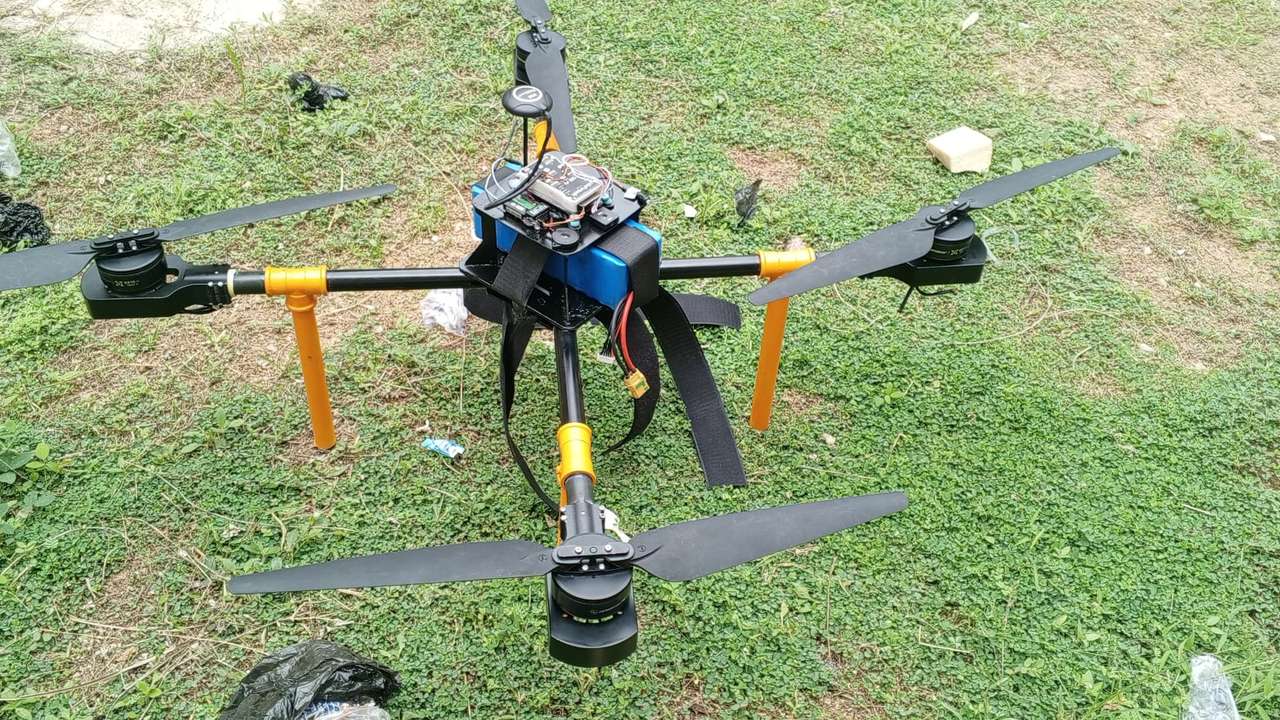The future of agriculture in Nigeria - but where is the support?

Vora Robotics, a promising startup in Nigeria’s aerospace industry, is at the forefront of integrating technology into agriculture.
Specialising in drones designed specifically for farming, the company aims to address key challenges such as climate change and sustainable agriculture.
Isayaku Musa, co-founder and Chief Operating Officer believes that the startup’s innovative solutions hold great potential. “With drones, you can reduce the traditional method of farming, whereby you use tractors and other things, where you emit carbon dioxide and other unwanted air pollutants into the environment… You can minimise that. That is part of the mitigation aspect of climate change,” Musa explained in an interview with Global South World.
Despite their vision, Vora Robotics has struggled to thrive due to a lack of financial support. After initially raising 3 million Naira (approximately $1,920) with five co-founders, the startup has faced difficulties in securing grants or additional funding.
According to Musa, this lack of investment hampers their ability to fully realise the potential of their climate-smart agricultural technology.
The absence of government support contrasts sharply with promises made during Nigeria’s 2023 elections. President Bola Tinubu’s manifesto vowed to support innovation and entrepreneurship by transforming Nigeria into a nation of creators rather than consumers.
The commitment to fostering economic growth through manufacturing and invention raised hopes among startups like Vora Robotics. However, since taking office in May 2023, Tinubu’s administration has been met with widespread criticism over economic challenges, inflation, and unsatisfactory policies.
Frustration culminated in the #EndBadGovernance protests that swept across the country from August 1 to August 10, 2024. These protests, driven by economic hardship and dissatisfaction, had severe consequences for businesses.
For Vora Robotics, the unrest led to a complete halt in operations. “We have not even resumed to the office because of a fear of the unknown,” Musa said at the time of the interview.
Operating out of Kaduna in northern Nigeria, the team has been particularly affected by the protests, which turned violent in many areas. “The protests have gone to the level whereby you can be injured… They can even kill you, if I'm not mistaken, because a lot of people lost their lives because of this protest,” Musa disclosed.
The company continue to face significant obstacles, from financial constraints to security challenges. Yet, Musa remains hopeful that with the right support and investment, their drones could revolutionise agriculture in Nigeria.
Watch the full interview: